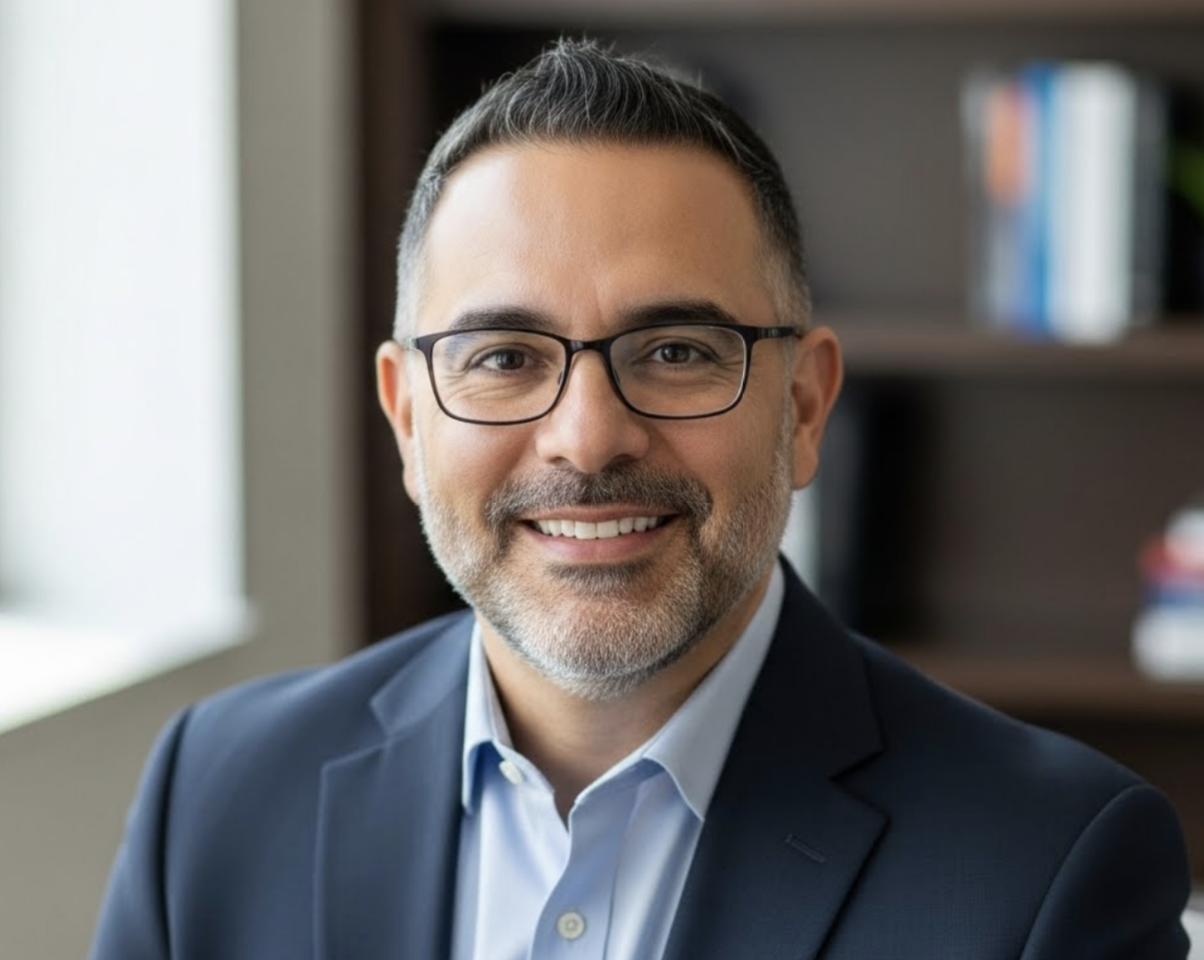Why Addiction Counselors Go by So Many Names
Despite different titles across states, addiction counselor roles are largely the same. Titles like substance abuse counselor, chemical dependency counselor, and alcohol and drug counselor reflect jurisdictional preferences and regulatory frameworks, not different job functions. The training, education, and counseling services provided are essentially identical regardless of the title used.
Substance use disorder treatment and counseling is part of an ever-evolving field. New social norms, new research revealing insights into addiction, and a more clinical approach to treatment have resulted in shifting terminology and professional titles.
For anyone entering the field or trying to understand credential requirements, this can be confusing. Substance abuse counselor, addiction counselor, chemical dependency counselor, addiction therapist, alcohol and drug counselor—these are just some of the titles that state jurisdictions use to describe what are essentially the same credentialed professionals.
The good news? These professionals provide the same counseling, education, and advocacy services in addiction recovery, regardless of what their state calls them.

Professional titles largely reflect jurisdictional preferences and the national standards-setting organization with which the state credentialing agency aligns. Most states use different titles for professionals at varying levels of education and expertise within the credentialing hierarchy.
Despite differences in titles, addiction counselor roles are largely similar, regardless of the state in which you’re credentialed.
How NAADAC Ushered In a New Era and New Terminology in the Addiction Counseling Field
In 2015, NAADAC began a significant push toward state licensure for substance abuse counselors, a level of credentialing beyond certification from nongovernmental professional associations.
State licensure comes with an official legislative practice act, a legal framework defining how counselors operate, and a clearly defined scope of practice. It also provides title protections. With the state government regulating the profession, there are strict penalties for anyone without proper training and licensure who attempts to practice. This helps uphold the integrity of the profession while ensuring public safety.
Before the 2015 push, just a handful of states had a concrete licensing process on the books: Indiana, Arizona, Connecticut, South Dakota, and Kansas.
Indiana was the first to put forward a clear path to licensure similar to other counseling roles. Like mental health counselors, marriage and family therapists, social workers, and psychologists, Indiana recognized that addiction counselors need graduate-level education for licensure. Thanks to Indiana’s trailblazing efforts, the “Indiana Model” took hold, and other states quickly began using it as a framework for their licensing legislation.
NAADAC is clear—to protect the role of addiction counseling, clear legislation and licensure standards must be established. Otherwise, it risks being absorbed by other allied counseling fields and losing its standing as a specialized area of practice. When addiction counselors are licensed, addiction-specific coursework and training requirements are built into the vetting process, ensuring consistent methods and standards of practice.
According to NAADAC, while state certification through a nongovernmental professional association involves meeting education, service-hour, and exam requirements and is recognized by employers and insurers, licensure surpasses certification in terms of rigor and standards. Just as importantly, NAADAC views licensure as crucial because of the title and practice protections it ensures.
In recent years, significant state efforts have been underway to transition addiction counseling into a clinical profession. Many states have consolidated multiple certification boards, linked degree programs to credentialing requirements, and ushered in state licensing.
A Changing Mindset and Evolving Terminology in Addiction Counseling

In the 50 years since the National Institute of Drug Abuse (NIDA) first came on the scene, research into addiction and resulting policy changes have brought shifts in state credentialing, insurance coverage laws, advances in treatment, and broader use of harm reduction efforts.
The opioid crisis of the late 1990s ignited even more significant changes to the field. It created a new level of understanding that led, among other things, to changes in addiction terminology.
For example, the term substance abuse has been primarily replaced by substance use disorder (SUD) to shift from language describing a potential moral failing or behavioral issue to terminology better describing addiction as a medical condition.
While “substance abuse” describes addiction as merely a harmful relationship with drugs or alcohol, “substance use disorder” more accurately describes it as a medical condition requiring a science-based approach to treatment and, as NIDA puts it, a condition deserving of compassion and support.
It’s this changing mindset that has led to the transformation of professional titles to better reflect the evidence-based, compassionate care provided by the addiction prevention, treatment, and recovery community. Some states have already moved on this, officially shifting their credential titles to substance use disorder counselor.
What About a National Standard in Addiction Credentialing?

Substance abuse counseling is now broadly recognized as being similar to other clinical professions in terms of evidence-based practices, treatment models, and continuous improvement. This has led many to wonder how national standards could bring much-needed consistency in qualifications, practice, and professional titles.
Efforts to establish a national standard for the substance abuse counseling profession have been introduced by organizations like the Human Services Research Institute and NAADAC in recent years, but have yet to materialize.
Both organizations argue that standardized credentials would help substance abuse counselors work across state lines—an important topic given the rise of telehealth—and eliminate many barriers associated with interstate credentialing and insurance reimbursement policies.
Jurisdictional Title Differences for Addiction Counselors

In general, regional differences in addiction counselor titles reflect those used by state credentialing agencies. Even in states without government-mandated licensing, an industry-regulated framework exists, with nonprofit professional associations stepping in to provide certification that employers rely on when hiring.
From state to state, you’ll notice there isn’t strict conformity to standard titles, even though most states operate as member boards affiliated with one of two major standards-setting and professional exam agencies:
- International Certification & Reciprocity Consortium (IC&RC)
- NAADAC—the Association for Addiction Professionals
Despite using their examinations as part of the credentialing process and maintaining some alignment with credentialing standards (education + supervised experience + exam), that consistency doesn’t always extend to the titles they use.
Take neighboring states Illinois and Indiana, for example. Both are members of IC&RC, yet their titles look nothing alike.
In Illinois, the Illinois Alcohol and Other Drug Abuse Professional Certification Association uses the term Certified Alcohol and Other Drug Abuse Counselor (CADC) to describe certified substance abuse counselors in the state. They also use the titles Certified Reciprocal Alcohol and Other Drug Abuse Counselor (CRADC), Certified Advanced Alcohol and Other Drug Abuse Counselor (CAADC), and Certified Supervisor Alcohol and Other Drug Abuse Counselor (CSADC) to describe those with either advanced or reciprocal credentials.
In neighboring Indiana, the Indiana Professional Licensing Agency licenses four levels of addiction counselors: Addiction Counselor Associate (LACA – bachelor’s level), Addiction Counselor (LAC – bachelor’s level with two years of experience), Clinical Addiction Counselor Associate (LCACA – master’s level) and Clinical Addiction Counselor (LCAC – master’s level with two years of experience).
In most states, you’ll find several similar titles used to describe addiction counseling professionals with different levels of education and training. But some states use just one title. For example, in Montana, the Board of Behavioral Health issues credentials to substance abuse counselors under a single title: the Licensed Addiction Counselor (LAC).
Just a sampling of addiction counselor titles you’ll come across from one state to another:
- Kentucky Board of Alcohol and Drug Counselors
- Certified Alcohol and Drug Counselor (CADC)
- Licensed Alcohol and Drug Counselor (LADC)
- Licensed Clinical Alcohol and Drug Counselor (LCADC)
- New York State Office of Addiction Services and Supports
- Credentialed Alcoholism and Substance Abuse Counselor (CASAC)
- Ohio Chemical Dependency Professionals Board
- Licensed Chemical Dependency Counselor II (LCDC II)
- Licensed Chemical Dependency Counselor III (LCDC III)
- Licensed Independent Chemical Dependency Counselor (LICDC)
- Maryland Board of Professional Counselors and Therapists
- Certified Supervised Counselor – Alcohol and Drug (CSC-AD)
- Certified Associate Counselor – Alcohol and Drug (CAC-AD)
- Licensed Clinical Alcohol and Drug Counselor (LCADC)
- Arizona Board of Behavioral Health Examiners
- Licensed Independent Addiction Counselor (LIAC)
- Licensed Associate Addiction Counselor (LAAC)
- Licensed Addiction Counselor Technician (LACT)
- Florida Certification Board
- Certified Addiction Counselor (CAC)
- Certified Addiction Professional (CAP)
- North Carolina Addictions Specialist Professional Practice Board
- Certified Alcohol and Drug Counselors (CADC)
- Licensed Clinical Addiction Specialists (LCAS)
Terms Describing Certified vs Licensed Addiction Counselors
To add to the general confusion about professional title differences from one state to the next, some states certify, others license, and some do both.
For example, in Arizona, all addiction counselors are licensed, while in Florida, they’re certified. In Maryland, entry-level alcohol and drug counselors are certified, whereas those with advanced levels of education and training are licensed.
Referring back to Illinois and Indiana, the former certifies, while the latter licenses.
In general, the terms “certification” and “licensure” tend to align with the state’s regulatory approach and professional standards. In jurisdictions that use both terms, certification generally refers to entry-level professionals with an associate’s or bachelor’s degree who must practice under supervision. At the same time, licensure is reserved for advanced-level (usually master’s-prepared) addiction counselors who are legally permitted to practice independently.
But in some states, it’s different. For example, the Kentucky Board of Alcohol and Drug Counselors offers the Certified Alcohol and Drug Counselor (CADC) credential for bachelor’s-prepared professionals, the Licensed Alcohol and Drug Counselor (LADC) credential for 30-credit master’s-prepared professionals, and the Licensed Clinical Alcohol and Drug Counselor (LCADC), a credential for 60-hour master’s-prepared professionals who are permitted to practice independently.
In just the last ten years, several states have adjusted their credentialing processes to include licensure. However, it remains to be seen whether that will lead to greater consistency in the use of terms to describe professionals in the field.
Frequently Asked Questions
Are addiction counselors and substance abuse counselors the same thing?
Can I work in multiple states with one addiction counseling credential?
Is a license better than a certification for addiction counselors?
Why do neighboring states use completely different titles for the same job?
Do employers care about the specific addiction counselor title I have?
Will there ever be a national standard for addiction counselor titles?
Key Takeaways
- Addiction counselor, substance abuse counselor, chemical dependency counselor, and alcohol and drug counselor all refer to the same professional role with similar training and responsibilities.
- Title differences reflect state regulatory preferences and jurisdictional frameworks, not different job functions or skill levels.
- State licensure generally provides stronger professional protections and allows independent practice, whereas certification often requires supervision.
- Most states align with one of two national standards organizations—NAADAC or IC&RC—for exams and credentialing standards, but maintain their own unique professional titles.
- The shift from “substance abuse” to “substance use disorder” terminology reflects a more clinical, compassionate approach that views addiction as a medical condition requiring evidence-based treatment.
- Always verify your specific state’s credential requirements and titles, as they can differ significantly even between neighboring states.
Ready to Start Your Addiction Counseling Career?
Understanding professional titles is just the first step. Find your state’s specific requirements and discover accredited programs that will prepare you for the credential you need.








